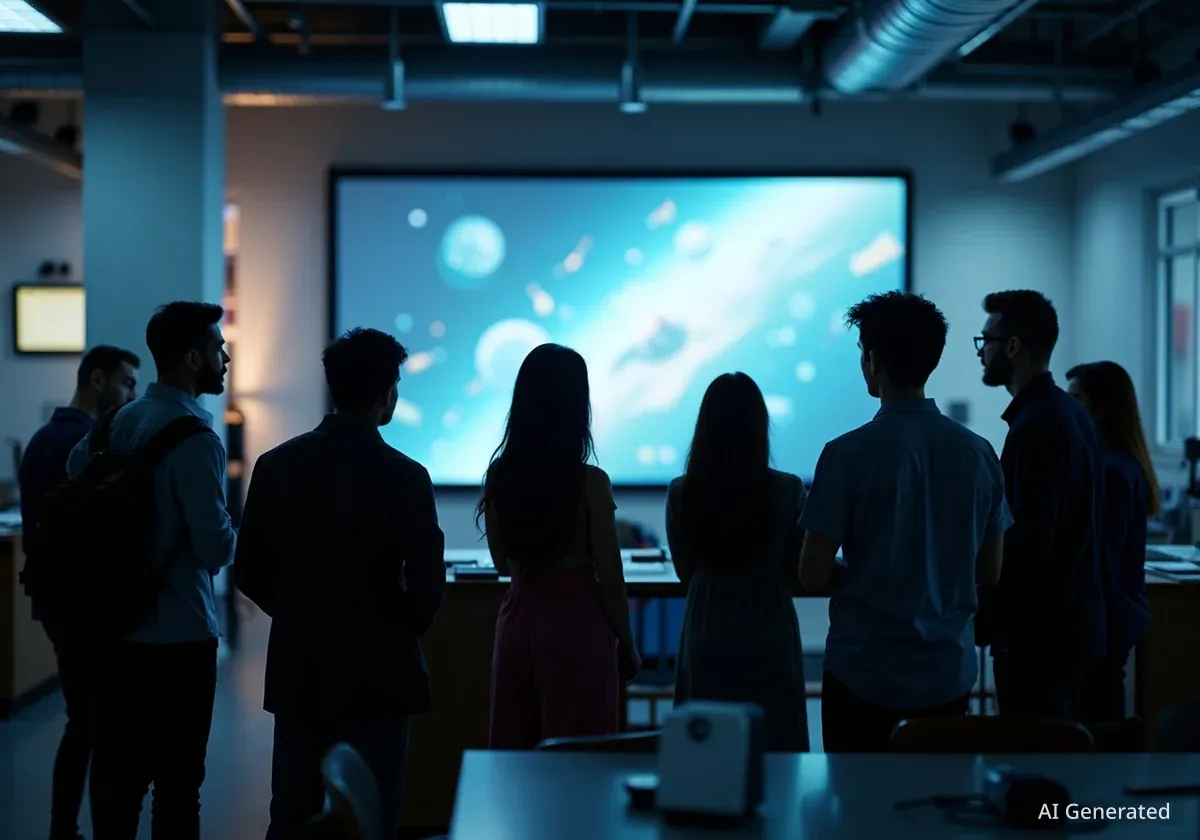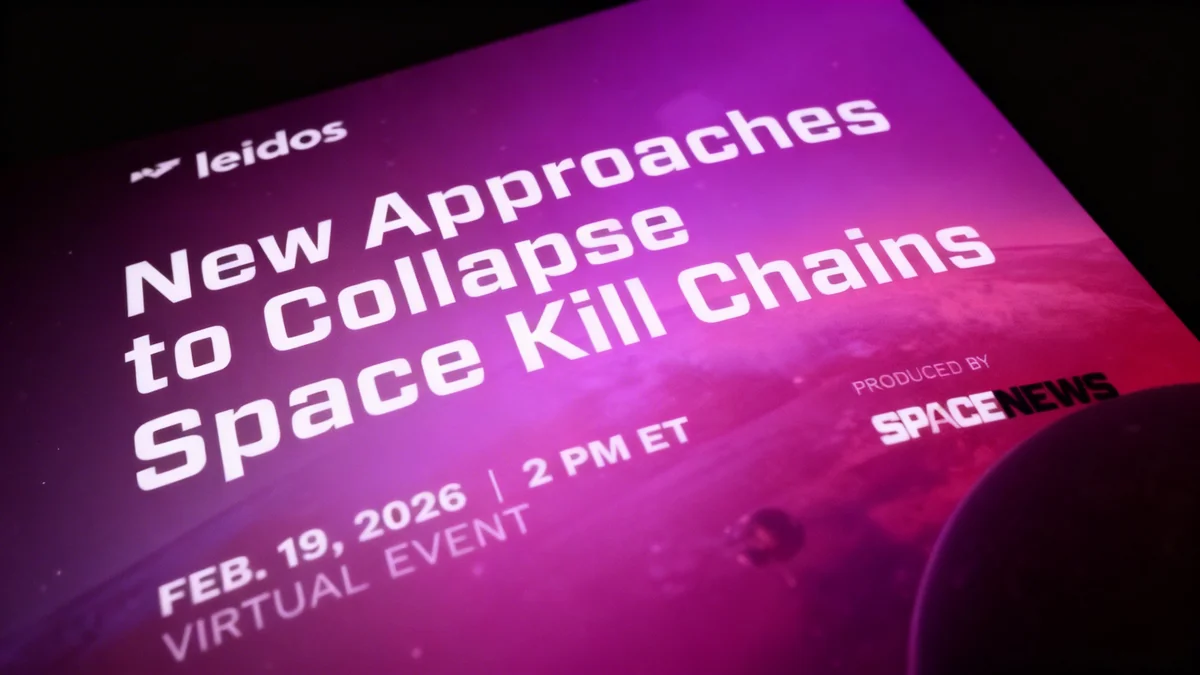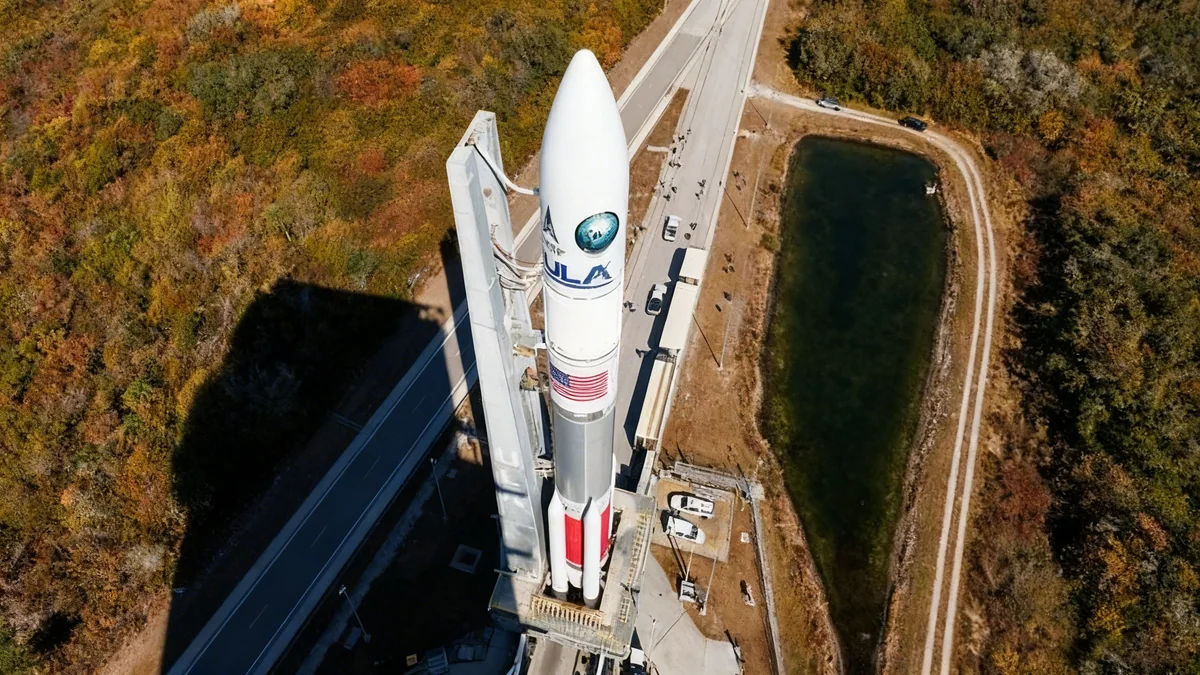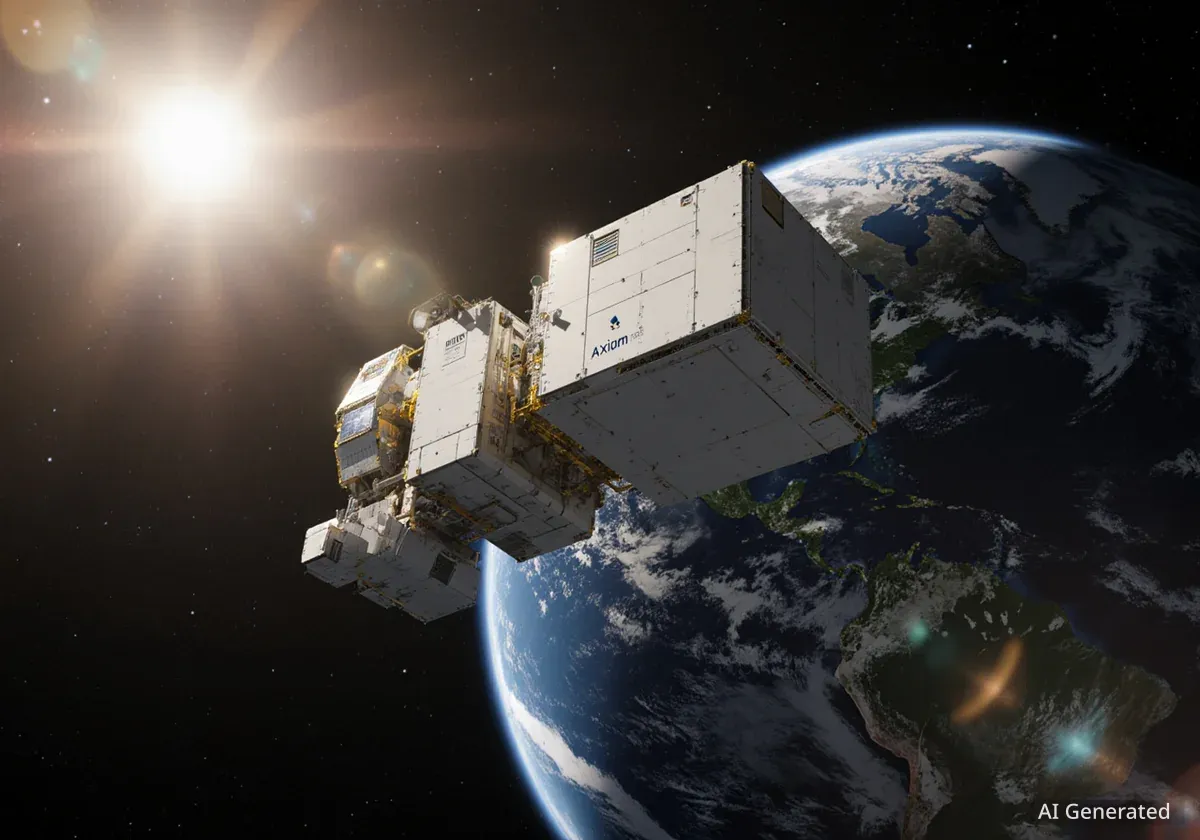Texas is rapidly becoming a central hub for the private space industry, attracting major companies like SpaceX, Blue Origin, and Firefly Aerospace. This expansion has created a significant demand for skilled workers, prompting local educational institutions to collaborate with NASA on new training initiatives.
To address this need, Austin Community College (ACC) and the Space Workforce Incubator for Texas (SWIFT) have partnered with the national space agency to develop a pipeline of talent for the growing aerospace sector in Central Texas.
Key Takeaways
- Texas is experiencing major growth in its private space sector, with companies like SpaceX, Blue Origin, and the recently public Firefly Aerospace establishing operations.
- This growth has led to a critical shortage of skilled workers needed to support the industry.
- Austin Community College and the SWIFT incubator are partnering with NASA to create workforce development programs.
- A key initiative is the NASA International Space Apps Challenge, which will be hosted in Austin to engage students in real-world space industry problems.
Texas Solidifies Role as a Space Industry Leader
The state of Texas is increasingly central to America's commercial space ambitions. Several of the world's most prominent aerospace companies have established a significant presence there, transforming the region into a hub for innovation and development.
Companies like Blue Origin and SpaceX, which relocated from California, now operate major facilities in the state. They are joined by homegrown companies such as Firefly Aerospace, which recently became a publicly traded company on the Nasdaq stock exchange. This concentration of industry leaders signals a major shift in the geography of space exploration.
"Texas is huge," said Dr. Leon Vanstone of the Space Workforce Incubator for Texas (SWIFT). "Firefly just literally went public. That is a Texas born and bred institution. Space X started in California. They came here. Blue Origin is here."
The growth extends beyond corporate headquarters. According to Dr. Garrett Groves, ACC’s Vice Chancellor for Strategic Initiatives, a new spaceport recently opened in Williamson County, further cementing the area's role in the national space infrastructure.
Addressing a Critical Workforce Shortage
The rapid expansion of the space industry in Texas has created an urgent challenge: finding enough qualified people to fill the new jobs. The demand for technicians, engineers, and other specialists is outpacing the available local talent pool.
"People don’t realize Texas is a giant hub for space," Dr. Groves explained. He noted that the new spaceport and the burgeoning industry represent a fundamental economic shift that requires a proactive approach to workforce development.
To meet this demand, local organizations are building the educational framework needed to train the next generation of aerospace professionals. Austin Community College and SWIFT are at the forefront of this effort, creating programs designed to equip students with the specific skills required by companies operating in the state.
The Growing Space Economy
The global space economy is a multi-billion dollar industry that encompasses satellite manufacturing, launch services, and space exploration technology. The increasing involvement of private companies has accelerated growth, creating new economic opportunities and specialized job markets in regions with a strong aerospace presence.
NASA Joins Forces with Local Texas Institutions
Recognizing the importance of cultivating future talent, NASA has officially partnered with ACC and SWIFT. This collaboration brings the resources and prestige of the national space agency to Central Texas, directly connecting students with the industry they aspire to join.
The centerpiece of this partnership is the NASA International Space Apps Challenge, a two-day global event. ACC will serve as the official host location for Central Texas, linking local students with a network of over 6,000 participants from around the world.
This initiative provides a unique opportunity for students to work directly with NASA's extensive open-source data. The goal is to encourage innovative thinking and problem-solving skills that are directly applicable to current challenges in space exploration.
Hands-On Challenges for Aspiring Innovators
The Space Apps Challenge is designed for students across a wide range of educational levels, including middle school, high school, and college. Participants will form teams to tackle complex problems that NASA scientists are actively working on.
Tasks during the event include:
- Designing resilient habitats for future space missions.
- Using artificial intelligence to identify potential exoplanets.
- Developing new applications for Earth observation data.
By engaging with real scientific data, students gain practical experience and insight into the day-to-day work of the space industry. This hands-on approach is intended to inspire and prepare them for future careers in the field.
Dr. Vanstone emphasized the active role students will play in shaping the future. He referred to them as the new generation of pioneers, or "space cowboys," who are essential for driving progress.
"Space isn’t for spectators," Vanstone stated. "They are our space cowboys. Right. Out there, changing the world and SWIFT is about doing anything possible to enable those people to go out there and do just that."
Through partnerships like this, Texas aims to not only host the space industry's biggest names but also to cultivate the skilled workforce required to sustain its long-term growth.





